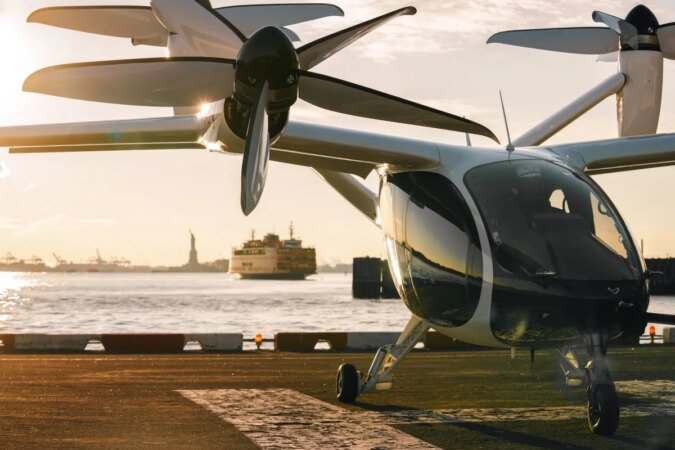Quick Takeaways
-
Lawsuit Filed: Joby Aviation is suing Archer Aviation, alleging that Archer used stolen trade secrets from a former Joby employee, George Kivork, to undermine Joby’s business.
-
Allegations of Espionage: Joby claims Kivork exfiltrated confidential information just before resigning, including business strategies and technical data, which Archer allegedly used to influence a strategic partner.
-
Archer’s Defense: Archer denies the allegations, asserting that Joby’s claims are baseless and highlight internal failings rather than any wrongdoing, emphasizing their strong employee onboarding procedures.
-
Competitive Tension: The lawsuit escalates tensions between the two companies, both developing electric air taxis, after previous legal issues for Archer concerning similar allegations of intellectual property theft.
Corporate Espionage Allegations
Joby Aviation has accused Archer Aviation of corporate espionage. The electric air taxi developers are in a legal battle over claims that Archer used stolen trade secrets. Joby alleges a former employee, who joined Archer, accessed confidential files shortly before resigning. These files included crucial information about partnerships and technical strategies. As Joby emphasizes, this incident appears premeditated. They argue that such actions not only harm their business but also threaten innovation in the electric air taxi sector.
In response, Archer denies the allegations. They assert that Joby’s lawsuit lacks merit, claiming no specific trade secrets have been identified. Instead, Archer points to its strict onboarding procedures designed to protect against intellectual property theft. They suggest Joby is using litigation as a smokescreen to distract from its own challenges in a competitive market. Consequently, this dispute raises concerns about how legal actions can interfere with progress in the emerging field of advanced aviation.
Implications for the Industry
The clash between these two companies highlights the growing pains of a budding industry. Electric air taxis hold promise for revolutionizing urban transportation. However, controversies like this one could hinder progress. Both companies are pursuing not just commercial opportunities but also defense applications. Collaborations with defense contractors suggest a broader scope for their technologies. Yet, if disputes escalate, they may divert resources from innovation to litigation.
Industry observers must watch closely as this legal battle unfolds. It underscores the importance of protecting intellectual property in highly competitive fields. Moreover, it raises ethical questions regarding employee transitions between companies. How firms handle sensitive information can shape their reputations and influence their futures. Ultimately, these events will impact not just the involved parties but the broader landscape of urban air mobility and its potential benefits for society.
Discover More Technology Insights
Stay informed on the revolutionary breakthroughs in Quantum Computing research.
Access comprehensive resources on technology by visiting Wikipedia.
TechV1

